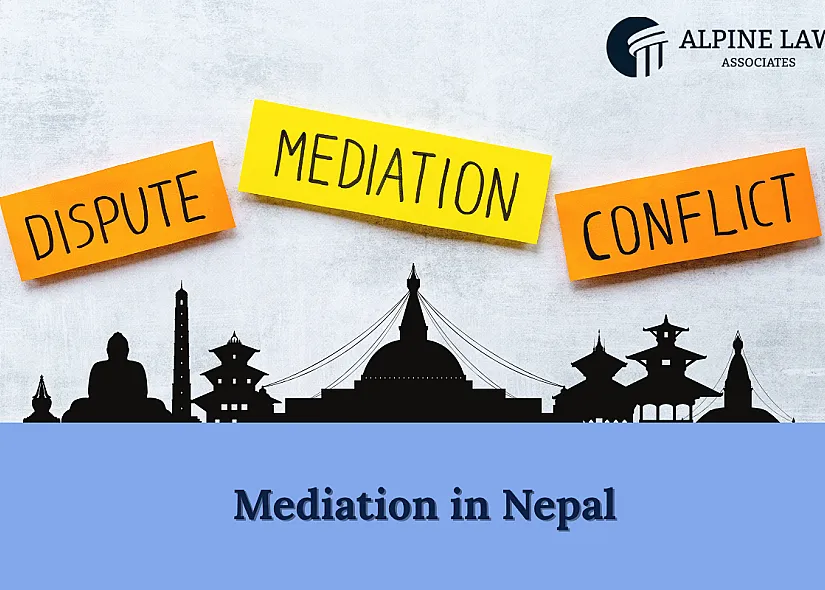Understanding Theories of Punishment: Retribution, Deterrence, Prevention & Reform
Punishment theories form the backbone of criminal justice systems, helping society define justice and deal with crime. This article explores the four major theories: retributive, deterrent, preventive, and reformative. Each theory offers a unique approach—from seeking revenge to preventing harm and rehabilitating offenders. Understanding these perspectives helps shape fair, effective, and forward-thinking criminal justice policies. As the world shifts towards balanced legal systems, combining these theories becomes essential to protect society and promote rehabilitation. Dive in to understand how punishment works—not just as a consequence, but as a tool for change.



-thumb_big.webp)
-thumb_big.webp)
-thumb_big.webp)
-thumb_big.webp)
-thumb_big.webp)
-thumb_big.webp)
-thumb_big.webp)


-thumb_big.webp)